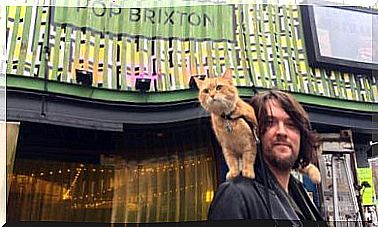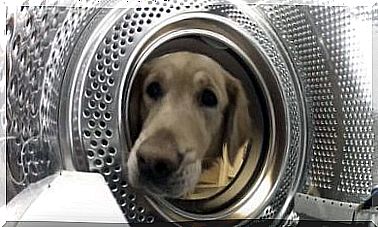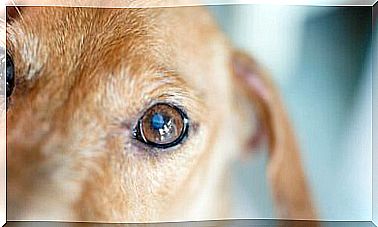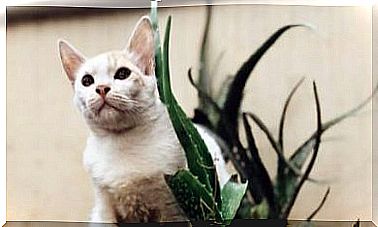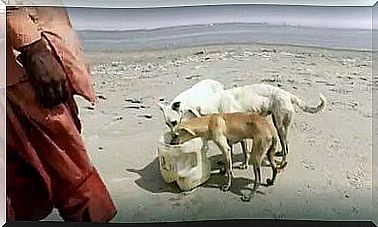Primate Reserves In Spain
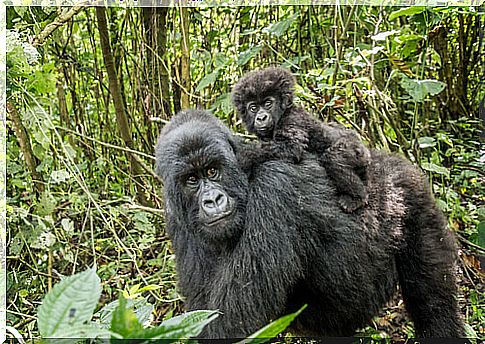
Society is increasingly resisting the abuse of primates. That is why there are several primate reserves in Spain. They can all be helped or visited to learn their story first hand.
Why are there primate reserves?
Primates are animals that have strong family ties and social needs. Because of this, they are among the species most abused by humans.
Monkeys are sometimes mistreated in circuses, laboratories, and even households. The authorities often have to intervene to free these animals from their captivity and suffering.
Spain is a gateway for the illegal import of wild animals into Europe. The legislature is free when it comes to keeping these animals. That explains why there are so many primate reserves on the Iberian Peninsula.
Where do the animals that live in the primate reserves come from?
They come from different places. Most worrying, however, is the keeping of pets, which are actually wild animals.
Keeping a monkey as a pet can come with legal penalties. That being said, it is dangerous for both the animal and the owner. Because of this, many owners give the primates to these centers voluntarily.
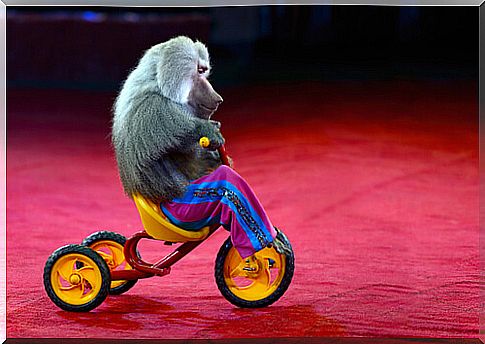
Many monkeys also come from the circus: for years it has been forbidden to use primates in the circus, which is why they have to be given to the primate reserves if they are ignored. Chimpanzees are the species that has suffered the most.
Animals that have been illegally imported also often end up in primate reserves. In Spain they are not often used in animal experiments. However, as Jane Goodall tells us, there are still many countries that use great apes for animal testing.

Rainfer, the oldest primate reserve in Spain
Rainfer is the oldest primate reserve in Spain. The biologist Guillermo Bustelo opened it over 20 years ago.
The center is in Madrid. You can visit it on weekends to learn the stories of the residents. The center is also happy to accept financial help.
AAP Primadomus, a reserve for different species
AAP Primadomus is a center established by a Dutch foundation. It is located in Alicante as many animals from Morocco and other North African countries are often illegally imported into Spain.
This center gives new homes to all kinds of animals, but monkeys are their specialty. This reserve saves the animals, but later they are often passed on to conscientious zoos that have previously been checked by the foundation. Unfortunately, the animals can often no longer be released into the wild.
MONA Foundation, a primate reserve with a lot of science
The MONA Foundation is a center that specializes in chimpanzees. There are only a few animals there, which is why they are in good conditions. The veterinarian Olga Feliu founded this center, which houses old movie stars and victims of the illegal animal trade.
She founded the center over 15 years ago. A lot of science is done there to ensure the conservation of the species and to better understand it. There are even different courses in primatology every year and they are dedicated to activism to protect the animals.
How can one support the primate reserves?
One can visit all of these centers to understand more about the consequences of illegal wildlife trafficking.
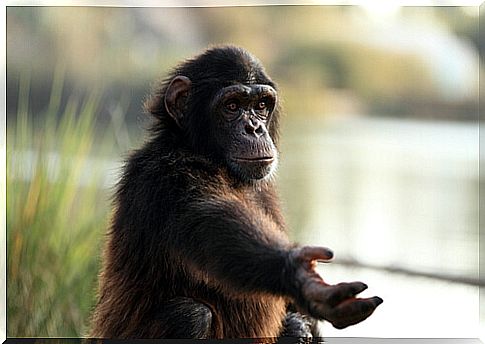
In contrast to zoological gardens, guided tours with small groups are offered here. As a result, the animals do not get stressed.
Even if many trained zookeepers work in the centers, they often need the help of volunteers. The three centers therefore have volunteer programs for those who want to know more about the care and nutrition of these animals. You can also participate in the sponsorship program through donations.
The work of these centers reminds us that there is still hope for humans to be reconciled with their cousins, the non-human primates.

